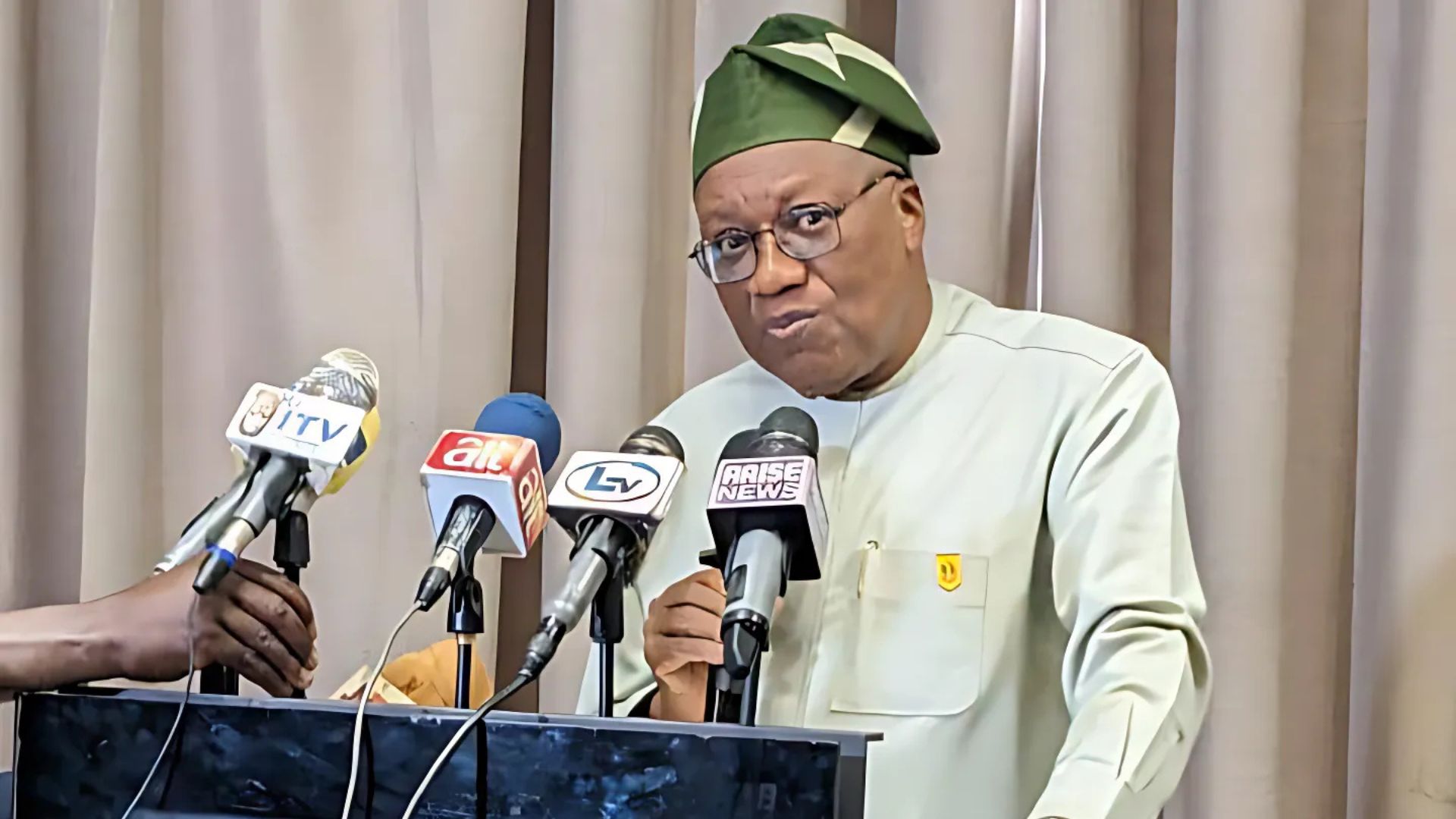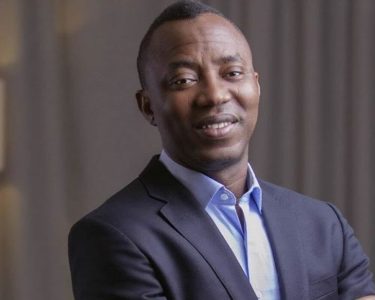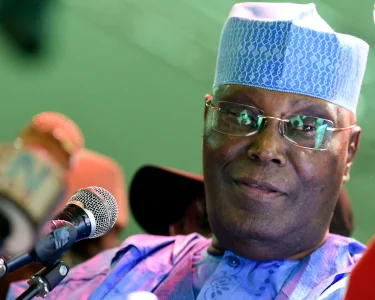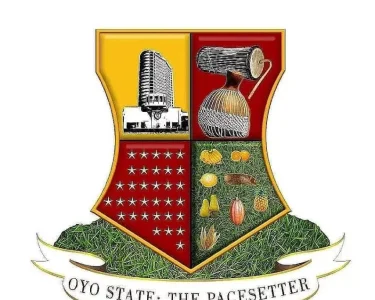2027 Elections
Nigeria sees spike in political party applications
Summary
- INEC now reviewing 122 applications from groups seeking political party registration
- Surge reflects mounting political interest but raises questions about credibility and intent
- Implications for governance and electoral clarity remain a concern for ordinary Nigerians
Abuja, Nigeria – The Independent National Electoral Commission (INEC) has announced it is now reviewing 122 applications from associations seeking registration as political parties, following the receipt of 12 new submissions by July 2, 2025. This marks a sharp increase from the 110 applications reported just ten days earlier and highlights the intensifying political activity as Nigeria moves closer to its 2027 general elections.
In a statement issued on July 3, INEC’s National Commissioner and Chairman of the Information and Voter Education Committee, Sam Olumekun, reaffirmed the commission’s commitment to a transparent and lawful application review process.
The applications, he noted, are being assessed in accordance with Section 225 of the Nigerian Constitution, the Electoral Act 2022, and INEC’s own guidelines, which demand a demonstrable national spread, internal democracy, and proper documentation.
Among the newest groups vying for party status are entities such as the Democratic Alternative Party (DAP), I Love Nigeria (ILN), Nigeria Farmers & Traders Progressive Party (NFTPP), and the National Youth Progressive Party (NYPP). INEC has published the details of all applicants, including leadership structures and contact information, to promote public scrutiny and civic engagement.
However, behind the numbers lies a more complex reality, one that speaks to both the vibrancy and the volatility of Nigeria’s political environment. While the proliferation of party applications may signal a healthy appetite for broader representation and an alternative to the dominance of the major political blocs, it also raises fundamental questions about the motives and sustainability of many of these aspiring platforms.
Critics argue that Nigeria’s history with multi-party democracy has often been marred by the emergence of briefcase parties, organisations that serve as vehicles for patronage, electoral bargaining, or mere visibility without offering coherent ideologies or sustainable grassroots structures.
The concern for many observers is whether the current wave of applications represents genuine democratic participation or opportunistic manoeuvring in anticipation of the 2027 elections.
In practical terms, the multiplication of political parties may complicate voter choices and dilute the electoral process. And for the average Nigerian already grappling with economic hardship, inflation, and governance deficits, the formation of dozens of new political outfits may not translate into real political alternatives unless these groups are anchored in serious policy debates and credible leadership.
INEC has itself acknowledged challenges with some applicants, including cases of internal leadership conflicts and defection of interim officers even before registration is secured. The commission has called for stability and consistency from applicants and reminded them that party registration is not guaranteed.
As part of its broader electoral reforms, INEC has also released supplementary regulations under Section 65 of the Electoral Act 2022 to clarify procedures for reviewing election results. This move, alongside the publication of applicant details, is intended to bolster public trust and reinforce the commission’s role as an impartial electoral referee.
Nonetheless, the swelling list of party hopefuls presents a regulatory and logistical challenge. With only 18 registered political parties recognised in the last general election, a potential surge in that number could stretch INEC’s resources and complicate ballot design, voter education, and results collation.
The onus will be on both the electoral commission and the citizenry to distinguish between parties that offer meaningful democratic engagement and those that are simply adding to the noise.
For the common man, the hope is that this increased activity translates not just to more voices, but to better governance and real change.







